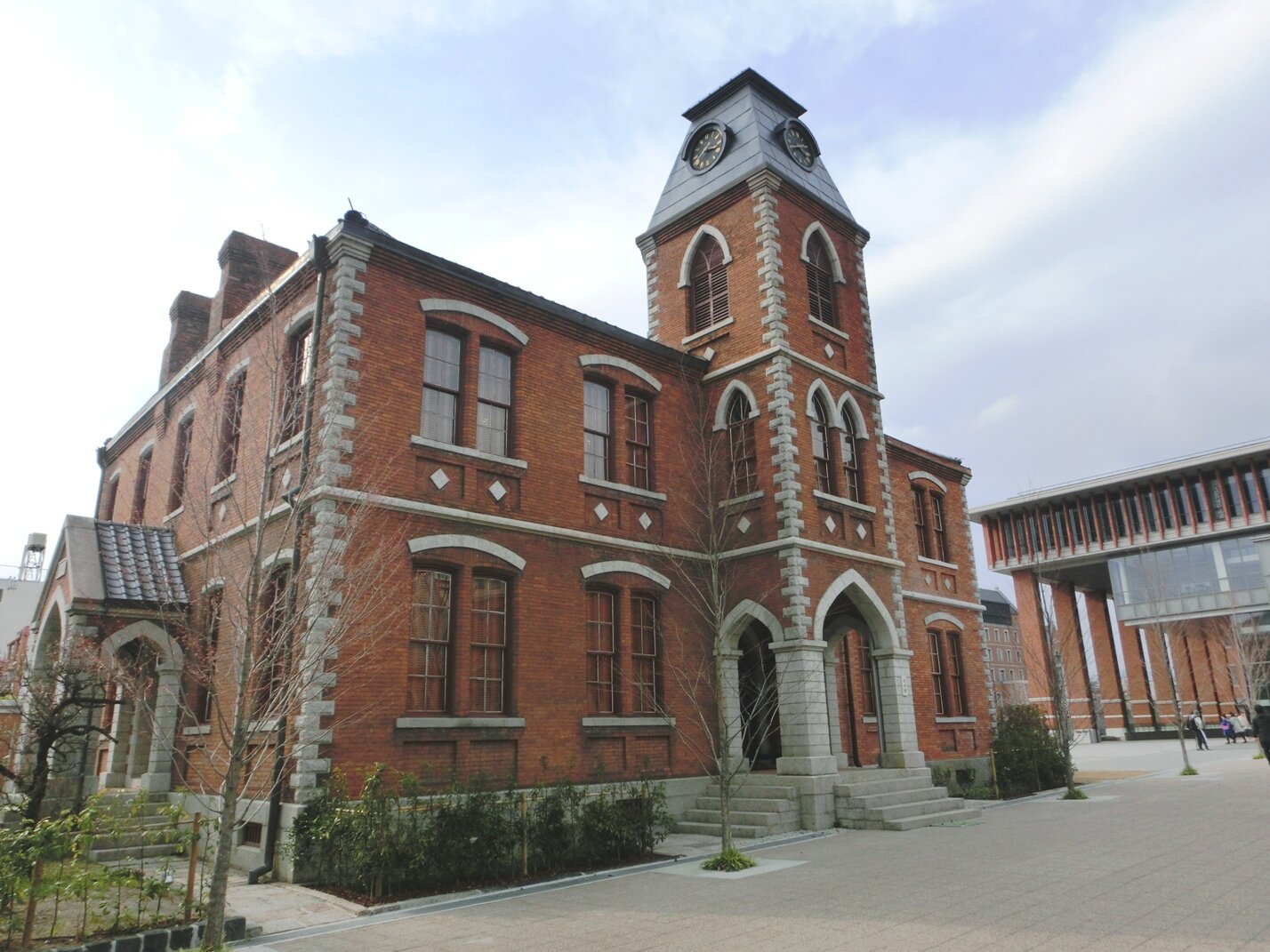Pictured above: Doshisha University in Kyoto, Japan. Image courtesy of WikiMedia Commons.
By Jocelyn Zhou ’23
Staff Writer
Due to the COVID-19 pandemic, the Mount Holyoke Japanese Language Table has adjusted to a virtual setting, which is different from their usual in-person format. Now, Mount Holyoke students are able to form new connections instead of just meeting with other Mount Holyoke students.
The Associated Kyoto Program at Doshisha University is conducting the Japanese Language Table online to connect MHC students with the students at Doshisha University.
According to Mount Holyoke’s website, the Associated Kyoto Program at Doshisha University is the official study abroad program at Mount Holyoke College, which is sponsored by a consortium of American colleges and universities.
“This is different from the live table where only Mount Holyoke students take Japanese,” Emily Nishikimoto ’23 said. “While I enjoy the live [table], [it] was nice to get to know someone from Japan that was a native speaker to help me improve my Japanese.”
According to Tori Halsey ’23, another participant, the setting of the table is welcoming to new attendees. Halsey said, “I was a little nervous because there were a lot of faces that I didn’t know, especially when we were all together before the smaller breakout rooms. But once we split up, it was a lot of fun because everyone was eager to practice and talk to each other.”
The online table encourages students to speak in Japanese more by splitting students up into groups with some native English speakers and some native Japanese speakers. Attendees spend 30 minutes talking in both languages about a given topic. Nishikimoto said that these topics range from the weather, current events, politics and hobbies to cross-cultural issues and pop culture. Halsey explained that she once attended a session in which everyone brought an object to show and talked about it.
Halsey appreciated the opportunity to talk with native speakers. “It’s usually easier to speak from behind a screen but I’ve never had the opportunity to practice my Japanese with someone from Japan before and it was very encouraging,” Halsey reflected.
The online table allowed second-language users to practice Japanese in conversations and engage students in a cross-cultural exchange.
“My speaking in Japanese isn't very good, so I thought it would be a great opportunity to practice,” Halsey added. “One thing I learned was that native speakers are always really enthusiastic to listen to people who are learning their language, so that was encouraging too. I also wanted to be more involved in AKP,” Halsey added.
The online table has also prepared students who would take an exchange semester at Doshisha University in the future to make friends with Japanese students before their arrival. Nishikimoto is one of these students.
“I am planning on studying abroad through the program that organizes this conversation partner program, and it will be nice to have friends at the university when I arrive in Japan,” Nishikimoto shared.

